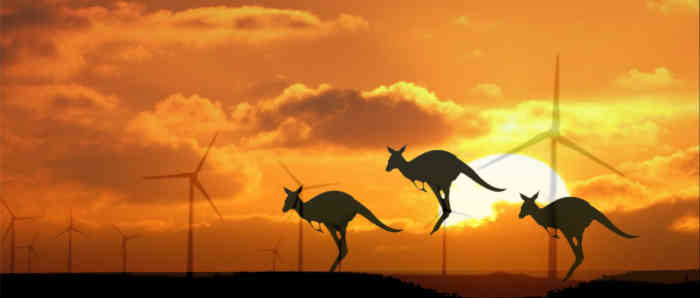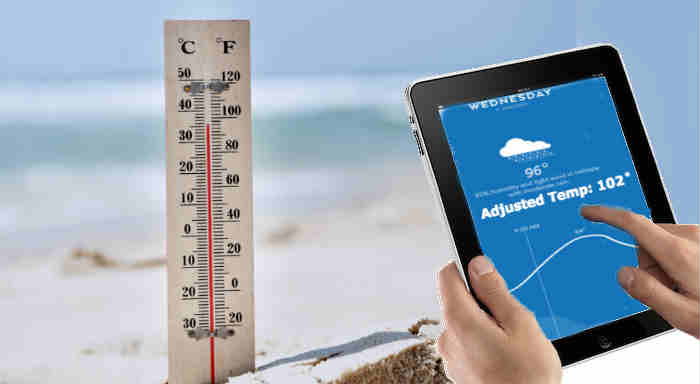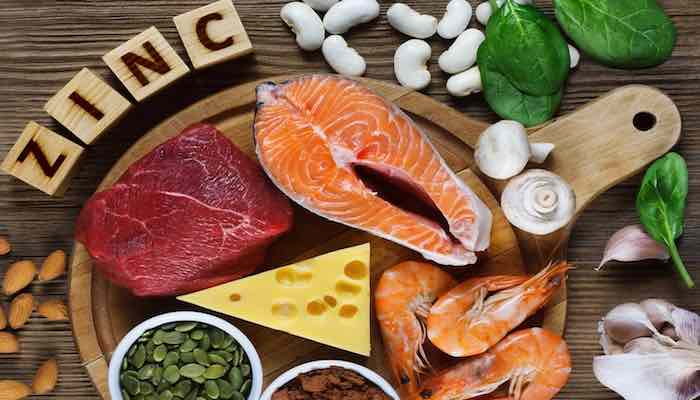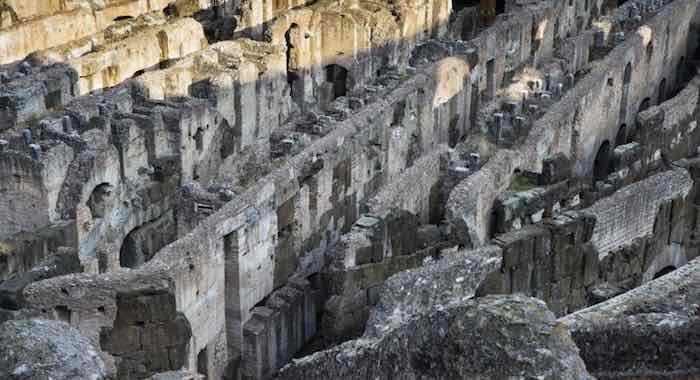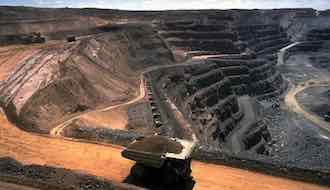Health Aspects of Alcohol
 There are a lot of mixed messages about alcohol. On the one hand, moderate amounts have been linked to health benefits. On the other hand, it is addictive and highly toxic when we drink too much of it.
There are a lot of mixed messages about alcohol. On the one hand, moderate amounts have been linked to health benefits. On the other hand, it is addictive and highly toxic when we drink too much of it.
- Wednesday, February 14, 2018

 Whiskeys contain hundreds of compounds, including fatty acids, esters, alcohols and aldehydes, in a wide range of concentrations. The most important flavors in a whiskey come from the raw materials, the distillation process, and the maturation. 1
Whiskeys contain hundreds of compounds, including fatty acids, esters, alcohols and aldehydes, in a wide range of concentrations. The most important flavors in a whiskey come from the raw materials, the distillation process, and the maturation. 1
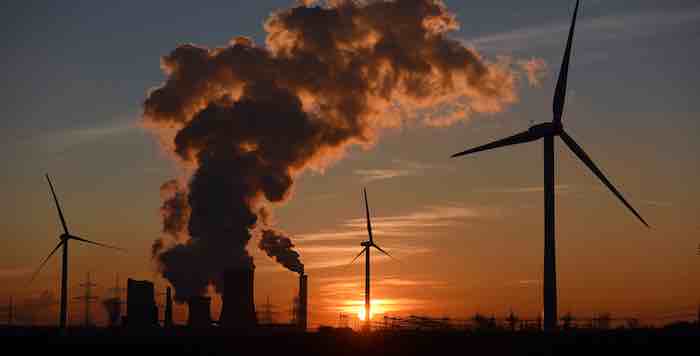 Germans like to think of themselves as the most environmentally friendly people on earth. They see their sophisticated recycling programs, their love of forests, and, most recently the country's drive to replace both nuclear and coal-fired power production with renewable sources—the so-called Energiewende,-- or 'energy turn' as evidence of their strong environmental consciousness, especially compared to top polluters like the United States and China. 1
Germans like to think of themselves as the most environmentally friendly people on earth. They see their sophisticated recycling programs, their love of forests, and, most recently the country's drive to replace both nuclear and coal-fired power production with renewable sources—the so-called Energiewende,-- or 'energy turn' as evidence of their strong environmental consciousness, especially compared to top polluters like the United States and China. 1

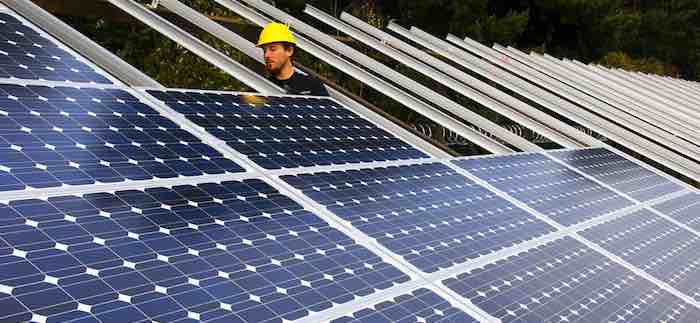
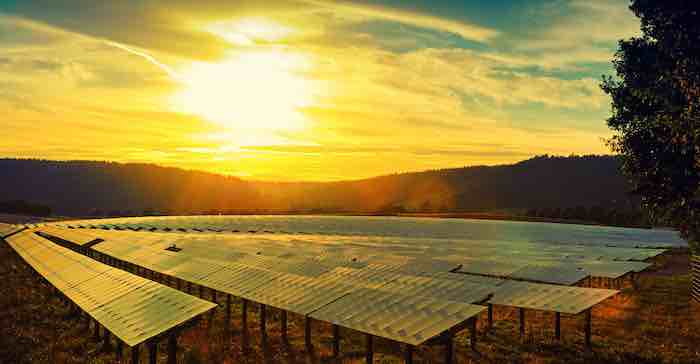

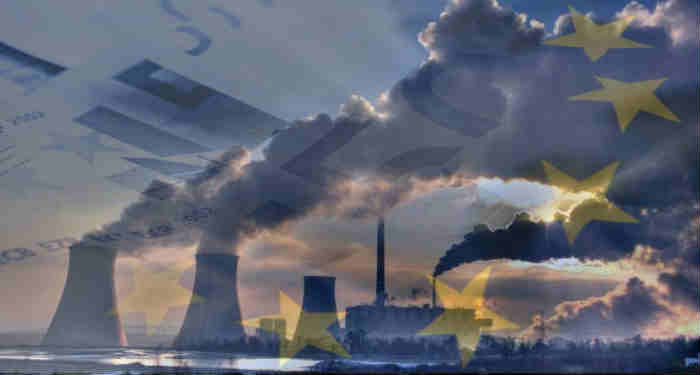 Ten years ago EU leaders said that a technology called carbon capture and sequestration, also known as carbon capture and storage (CCS) should be deployed with new fossil-fuel power plants by 2020. 1
Ten years ago EU leaders said that a technology called carbon capture and sequestration, also known as carbon capture and storage (CCS) should be deployed with new fossil-fuel power plants by 2020. 1
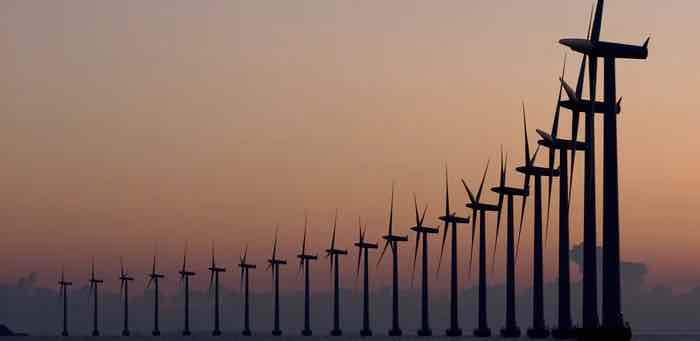 The drumbeat for a fossil fuel free energy utopia continues. But few have pondered how we will supposedly generate 25 billion megawatts of total current global electricity demand using just renewable energy, wind turbines, for instance. For starters, we're talking about some 830 million gigantic 500 foot tall turbines requiring a land area of some 12.5 billion acres. That's more than twice the size of North America, all the way through Central America reports Paul Driessen. 1
The drumbeat for a fossil fuel free energy utopia continues. But few have pondered how we will supposedly generate 25 billion megawatts of total current global electricity demand using just renewable energy, wind turbines, for instance. For starters, we're talking about some 830 million gigantic 500 foot tall turbines requiring a land area of some 12.5 billion acres. That's more than twice the size of North America, all the way through Central America reports Paul Driessen. 1
 Worldwide wind speeds have slowed down by about half a kilometer per hour (0.3 miles per hour) since the 1960s according to researchers. 31
The phenomenon is known as 'stilling', and scientists are not sure why it is happening. They speculate that it may have something to do with urbanization, climate change and cumulus clouds. But then researchers admit: “Or it could be due to aging wind speed instruments producing inaccurate results.”
Worldwide wind speeds have slowed down by about half a kilometer per hour (0.3 miles per hour) since the 1960s according to researchers. 31
The phenomenon is known as 'stilling', and scientists are not sure why it is happening. They speculate that it may have something to do with urbanization, climate change and cumulus clouds. But then researchers admit: “Or it could be due to aging wind speed instruments producing inaccurate results.”



